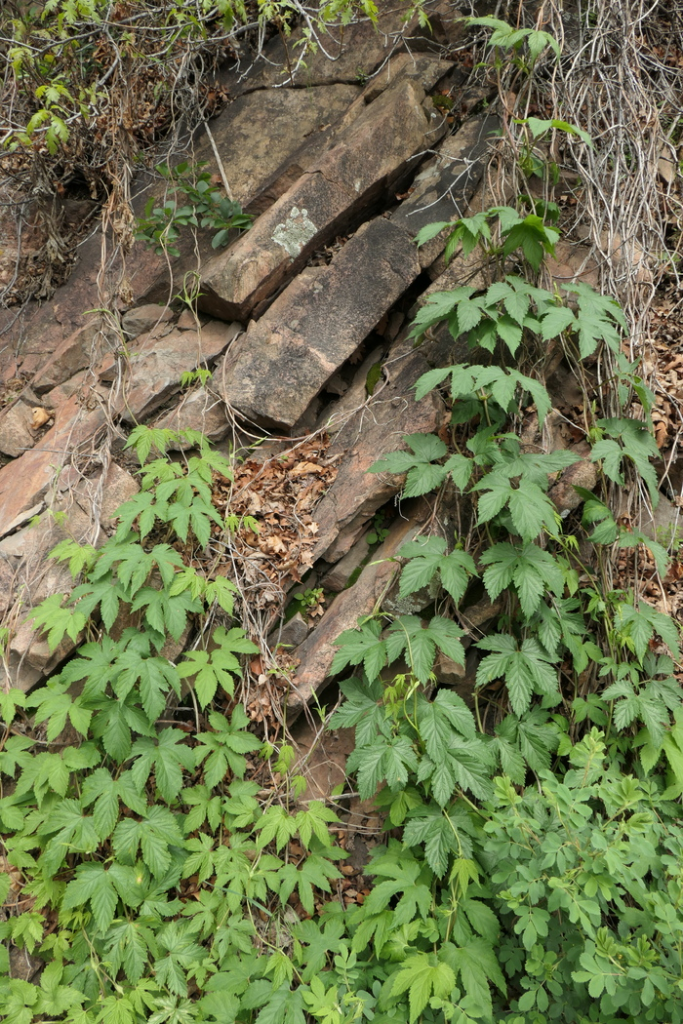This question and answer are part of our Ask CSU Extension Anything (About Native Plants) series. We appreciate CSU Extension for answering these questions to expand our community’s knowledge of native plant landscaping. Send us your questions to the Ask CSU email account.
FULL QUESTION:
I am looking for suggestions for native vines that will cover a chain link fence in central Denver. The fence (along sidewalk, about 100’ long and 8’ high) had been covered by a thick, very old, fabulous hedge of Virginia Creeper that had brought in flocks of birds each autumn. For each the past five years, however, the hedge was completed denuded of leaves by August, due to massive Japanese Beetle (JB) infestations. We took down the hedge this winter, but want to replace with other (non JB-attracting) vines to retain that sense of privacy.
ANSWER:
Colorado has few native vines — Humulus neomexicanus (hops), Parthenocissus vitacea (woodbine; thicket creeper) and Vitis (grapes — Vitis acerifolia and Vitis riparia) are the most widely distributed. Unlike Virginia Creeper, these vines, including the native Parthenocissus, P. vitacea, do not produce adhesive discs on tendrils and would require support for climbing a wall, though would twine up a chain link fence without problem. Both grape species as well as woodbine are potential hosts for Japanese Beetle, though, so you’d be back to square one there.
Hops is not typically attacked by Japanese Beetles and could be a good option for you, though it dies to the ground each winter so would leave you exposed through the colder months. Hops is very drought tolerant and could be aggressive in the right growing conditions, too.
A North American native plant Lonicera sempervirens (trumpet honeysuckle), is also not attacked by Japanese Beetles and would be more present through the dormant season. Campsis radicans, another North American plant, is another option, though it is attacked by JB, it seems not to be as preferred as Parthenocissus or Vitis species.

You could also consider spraying your susceptible vines with the natural control Bacillus thuringiensis var. galleriae. This bacterium infects members of the scarab beetle family (like Japanese Beetles) but is safe for bees and most other insects as well as birds and mammals. It is available in products like BeetleJUS and BeetleGONE!.
Answer developed by: John Murgel, Extension County Specialist, Horticulture and Natural Resources, Douglas County, Colorado State University Extension
